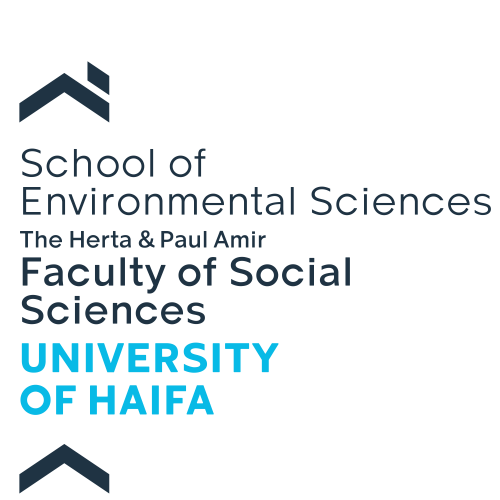Track with thesis 201210-23-01 / track without thesis 201209-23-01
Head of the program: Prof. Deborah Shmueli
Program coordinator: Dr. Carmit Rappaport
The reality in Israel and the world dictates dealing with the consequences of increasing industrialization, extreme and volatile nature, and the escalation of terrorism. Disasters are unpredictable. Therefore, it is important to plan and improve the processes of prevention and preparedness, dealing with and handling the disaster - until rehabilitation. The School of Environmental Sciences invites you to study in one of today’s and tomorrow’s most important fields in orderto contribute to the various systems that deal with disasters and emergencies.
The program focuses on dealing with natural disasters, industrial disasters, conventional and unconventional terrorist scenarios, epidemics, and more...
The program provides training and specialization in dealing with emergency situations through imparting theoretical and practical knowledge, providing diverse analytical tools for decision-making in disasters and emergencies, and fulfilling key roles in the emergency economy. The program is based on the principles of the "disaster cycle" and focuses on each of the principles: planning, prevention, minimization, response, support and rehabilitation. The program is lectured by leading experts from academia and disaster management.
The program is concentrated on one day a week, Wednesday
Duration of studies in the track without a thesis - one year (3 semesters).
The duration of studies in the track with a thesis - up to 3 years.
The curriculum
Core courses (required)
Risk assessment - 2 semester hours per week
Humanitarian aid - 2 semester hours per week
Media during emergencies - 2 semester hours per week
Law and emergencies - 2 semester hours per week
Health and emergencies - 2 semester hours per week
Disaster management - 2 semester hours per week
Total core courses, 12 semester hours per week
Compulsory courses
Research methodologies - 2 semester hours per week
Natural risks - 4 semester hours per week
Dealing with emergency situations - 4 semester hours per week
Population in emergencies and disasters - 2 semester hours per week
National security and strategy - 2 semester hours per week
Earthquake assessments - 2 semester hours per week
Applied technology for the study and management of emergencies - 2 semester hours per week
Emergency in the view of the local government - 3 semester hours per week
Life on the Edge: The Collapse of the Natural World and the Climate Disaster - 4 semester hours per week
Final project - 2 semester hours per week
Research organization - 2 semester hours per week (for track A only)
Total required courses, 27/29 semester hours per week
Track A - 39 semesters (thesis)
Track B - 41 credits (including final project)
